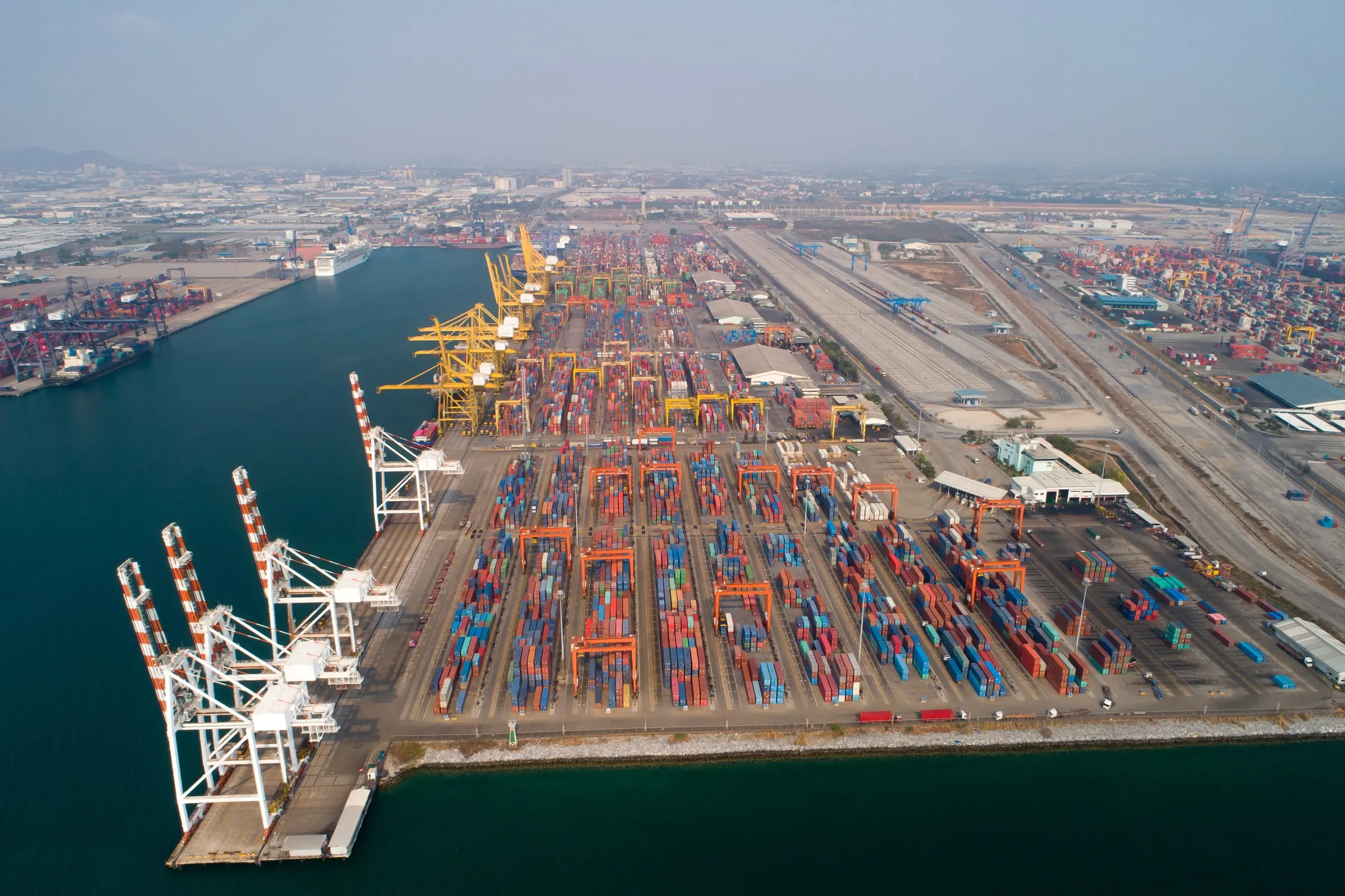مقالات
دور المحاسبة الكربونية في مستقبل التمويل الأخضر في السعودية

As global capital increasingly flows toward climate-aligned investments, Saudi Arabia has a unique opportunity to position itself as a hub for green finance. Central to this ambition is the ability to quantify and communicate environmental impact with clarity and precision—an area where carbon accounting plays a foundational role.
Green bonds, sustainability-linked loans, and ESG-themed equity funds require transparent, verifiable data on emissions performance. Investors, rating agencies, and financial regulators are converging around frameworks that emphasize disclosure of greenhouse gas (GHG) emissions across Scopes 1, 2, and 3. For Saudi organizations seeking to access these financing channels, a structured carbon accounting approach is not just beneficial—it is essential.
Saudi Arabia’s Vision 2030 outlines a strong commitment to environmental sustainability, economic diversification, and private sector growth. The financial sector is already responding, with local banks launching green products, the Saudi Exchange introducing sustainability indices, and the Capital Market Authority encouraging ESG disclosures. Carbon accounting provides the technical infrastructure that underpins these initiatives.
In practical terms, emissions data allows financial institutions to assess climate-related risks, price sustainability-linked instruments more accurately, and ensure alignment with global taxonomies such as the EU Green Taxonomy or the GCC ESG Disclosure Guidelines. For project developers, the ability to demonstrate low or declining emissions intensity enhances eligibility for concessional finance, blended capital, or international investment.
Moreover, carbon accounting enables a shift from one-time impact assessments to ongoing performance monitoring. This supports not only initial access to finance but also continued investor confidence over the life of a project or corporate strategy. It also facilitates third-party assurance, a growing requirement in both voluntary and regulatory green finance frameworks.
With its robust infrastructure, strategic vision, and growing ecosystem of financial innovation, Saudi Arabia is well-positioned to integrate carbon accounting into the DNA of its green finance agenda. Doing so will strengthen its international credibility, unlock new capital inflows, and help accelerate the Kingdom’s transformation into a sustainable and resilient economy.

لماذا تحتاج السعودية إلى إطار وطني للمحاسبة الكربونية
مع تسارع السعودية نحو رؤية 2030 وهدف الحياد الصفري، قد يمثل إطار وطني للمحاسبة الكربونية المفتاح لضمان اتساق وموثوقية تقارير الانبعاثات عبر القطاعات.
اقرأ المزيداقرأ المزيد من الأخبار
عرض الكل
مقالات
كيف يمكن لإدارة الكربون تحسين مؤشرات الأداء في الأعمال
أكثر من مجرد التزام مناخي، إدارة الكربون تبرز كسائق للأداء المؤسسي. يستكشف هذا المقال كيف يمكن لتتبع الانبعاثات أن يقلل التكاليف، ويحد من المخاطر، ويجذب المستثمرين المهتمين بـ ESG، ويتماشى مع رؤية السعودية 2030.

مقالات
الإبحار نحو خفض الكربون: المحاسبة الفورية للانبعاثات ودورها في اتخاذ القرارات الاستراتيجية في قطاع النقل البحري
المحاسبة الفورية للانبعاثات ودورها في اتخاذ القرارات الاستراتيجية في قطاع النقل البحري

مقالات
دور المحاسبة الكربونية في مستقبل التمويل الأخضر في السعودية
مع سعي المملكة لتحقيق أهداف رؤية 2030، تبرز المحاسبة الكربونية كحجر أساس في استراتيجيتها للتمويل الأخضر.